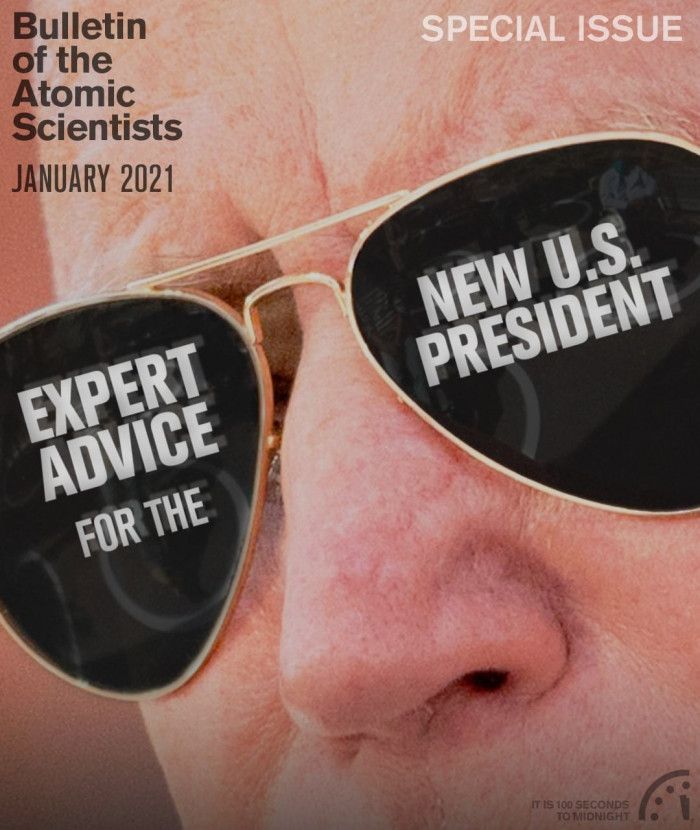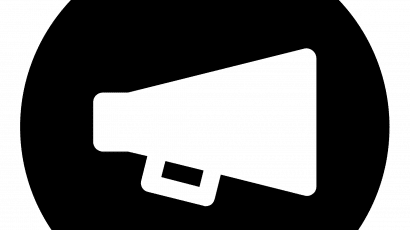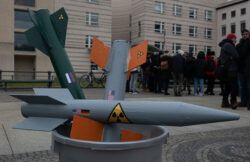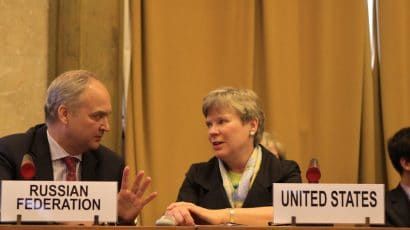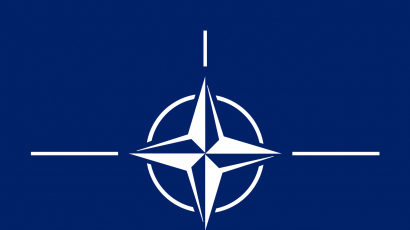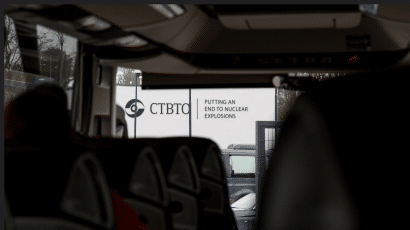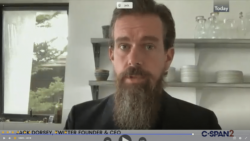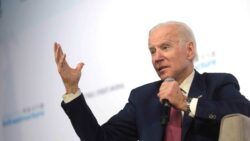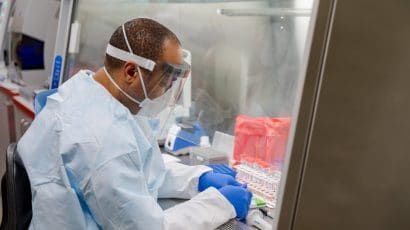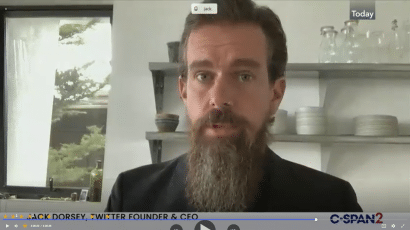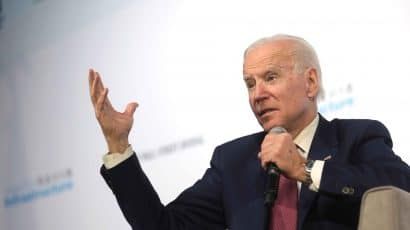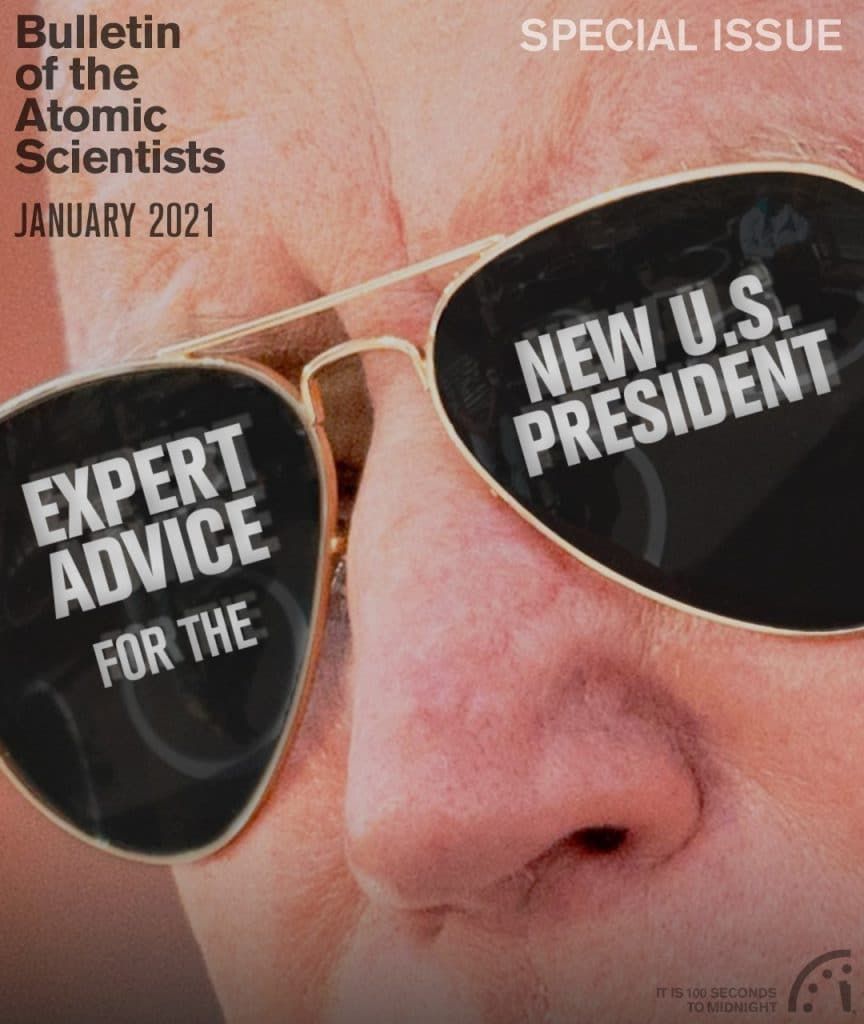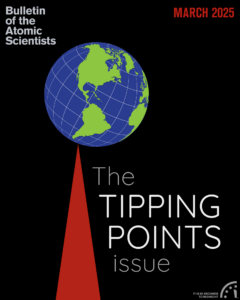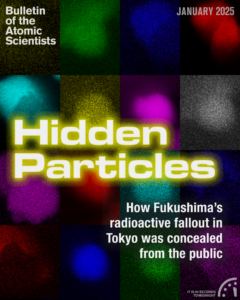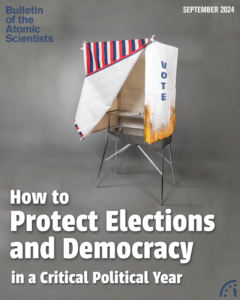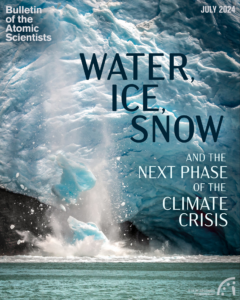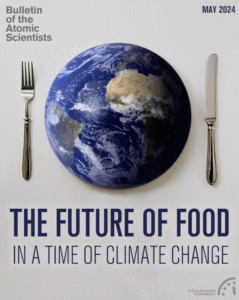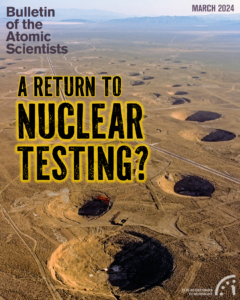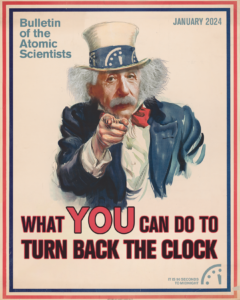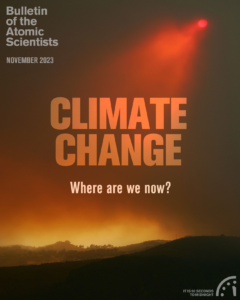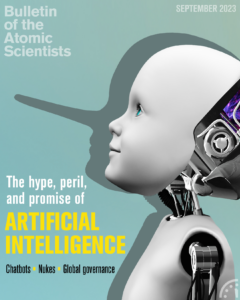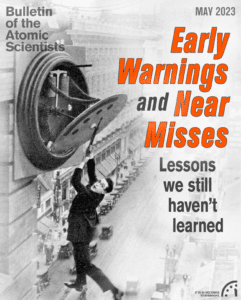DIGITAL MAGAZINE
January 2021
DIGITAL MAGAZINE
January 2021
Cover design by Thomas Gaulkin
Introduction: Advice for a new administration facing difficult times
Nuclear risk
How Biden can advance nuclear arms control and stability with Russia and China
How Biden can say goodbye to “America First” on nuclear issues
An ambitious arms control agenda requires a new organization equal to the task
Why Biden should push for ratification of the Comprehensive Test Ban Treaty
Biden should rethink US policy on low-yield nuclear weapons
Why Biden should abandon the great power competition narrative
How Biden can advance nuclear arms control and stability with Russia and China
How Biden can say goodbye to “America First” on nuclear issues
An ambitious arms control agenda requires a new organization equal to the task
Why Biden should push for ratification of the Comprehensive Test Ban Treaty
Biden should rethink US policy on low-yield nuclear weapons
Why Biden should abandon the great power competition narrative
Climate change
Okay, he’s finally in the Oval Office. But what should Joe Biden do first on climate?
To build climate progress on time scales that matter, Biden should be Biden
Water recommendations for the new administration
The president needs to hit the ground running on climate
Climate change should be recognized for what it is: an issue of national security
Okay, he’s finally in the Oval Office. But what should Joe Biden do first on climate?
To build climate progress on time scales that matter, Biden should be Biden
Water recommendations for the new administration
The president needs to hit the ground running on climate
Climate change should be recognized for what it is: an issue of national security
Disruptive technologies
Memo to the president: Reimagining public health preparedness and response
What Joe Biden can do to reduce racial health disparities: A conversation with Juliette Blount
How Joe Biden can use confidence-building measures for military uses of AI
Dear President Biden: You should save, not revoke, Section 230
How can the Biden administration reduce scientific disinformation? Slow the high-pressure pace of scientific publishing
Biden should focus on science communication as his administration seeks to tame the pandemic
Memo to the president: Reimagining public health preparedness and response
What Joe Biden can do to reduce racial health disparities: A conversation with Juliette Blount
How Joe Biden can use confidence-building measures for military uses of AI
Dear President Biden: You should save, not revoke, Section 230
How can the Biden administration reduce scientific disinformation? Slow the high-pressure pace of scientific publishing
Biden should focus on science communication as his administration seeks to tame the pandemic
Nuclear Notebook: United States nuclear weapons, 2021
Nuclear Notebook: United States nuclear weapons, 2021
Cover design by Thomas Gaulkin
Subscribe now
We've relaunched the Bulletin's award-winning digital magazine. Get access to every issue and our archive going back to 1945.
Magazine archive
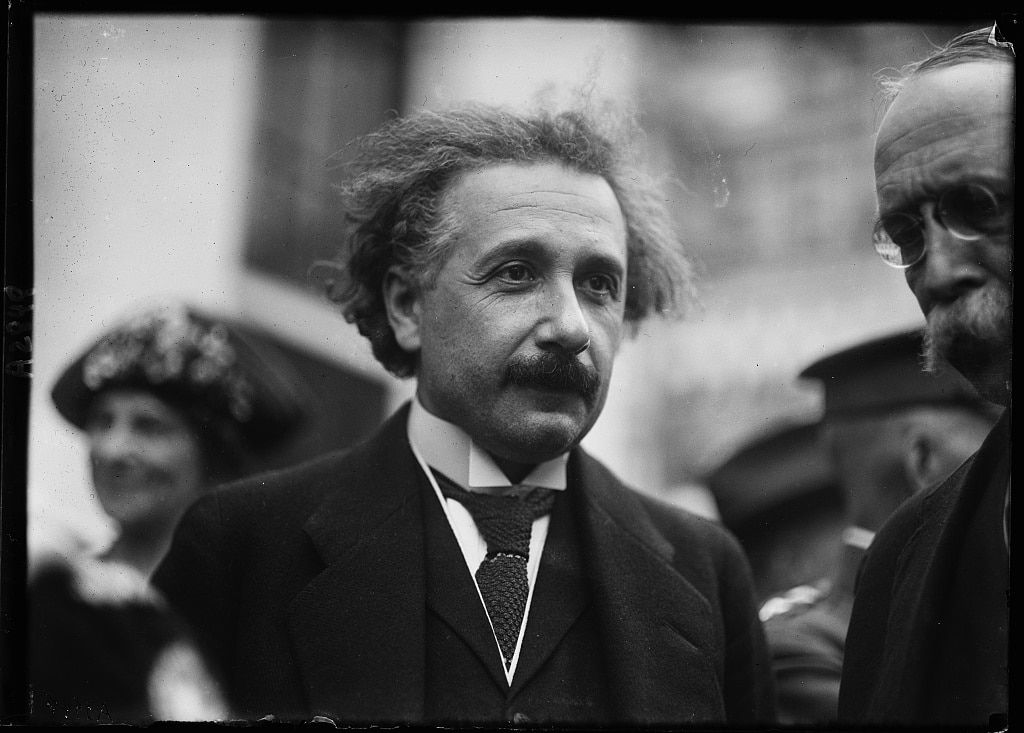
Premium subscribers can read the complete Bulletin of the Atomic Scientists’ archive, which contains every article published since our founding in 1945.
This archive was created in honor of John A. Simpson, one of the Bulletin’s principal founders and a longtime member of its Board of Sponsors. This searchable archive provides exclusive online access to original interviews and commentary by luminaries like Albert Einstein, J. Robert Oppenheimer, Ruth Adams, John F. Kennedy, Stephen Hawking, Christine Todd Whitman, US Secretary of Defense William J. Perry, and multiple Nobel laureates.
